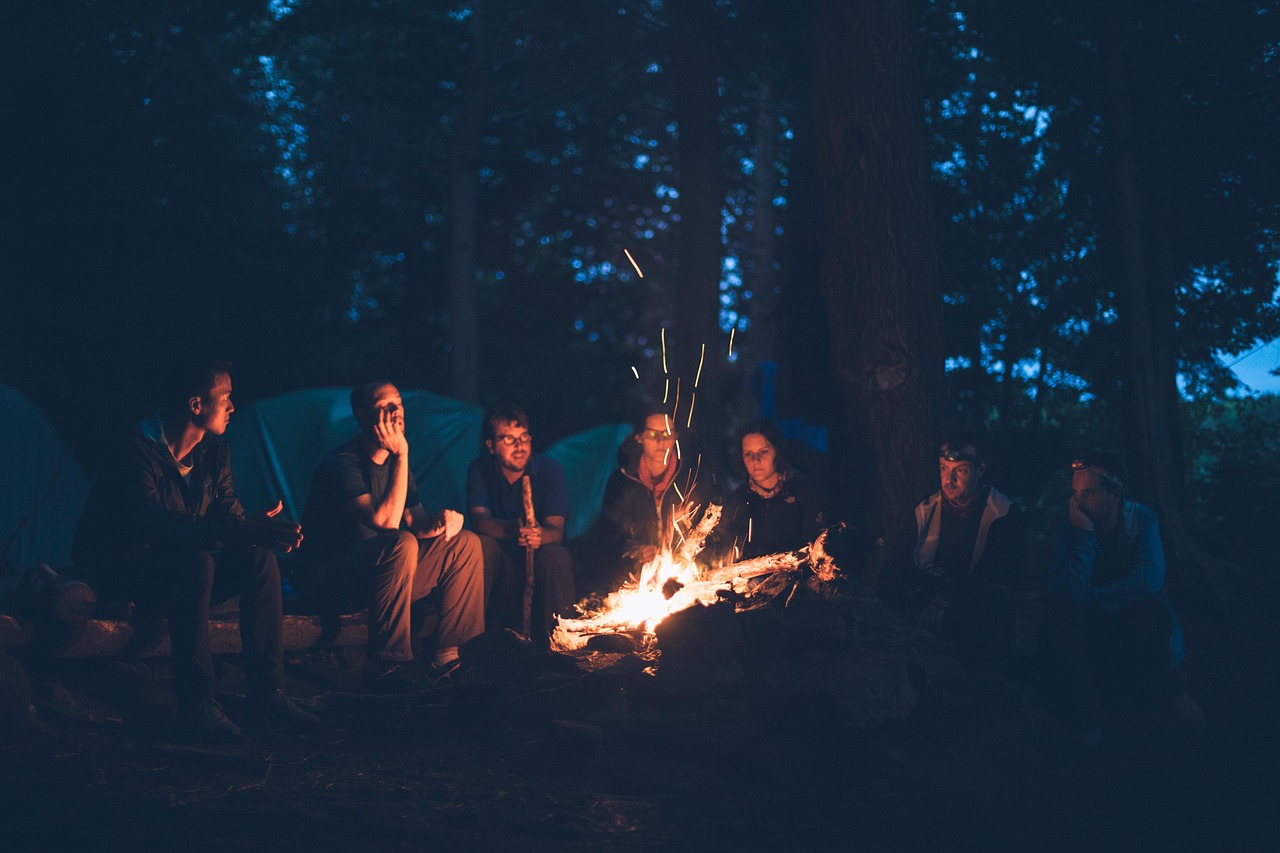Camping is one of the oldest and most cherished outdoor pastimes, enjoyed by people across generations and cultures. While some may see it as an escape from modern comforts, others view it as a return to simplicity and a reconnection with nature. Whether in a tent, RV, cabin, or even under the open sky, millions of people go camping every year. The reasons vary widely, but they often reflect a deep desire for relaxation, adventure, bonding, and a break from the routines of daily life. This essay explores the many motivations behind why people go camping and why it continues to hold such enduring appeal.
Connection with Nature
At the heart of camping lies a yearning to reconnect with the natural world. In our technology-driven, fast-paced society, it is easy to lose touch with nature. Camping offers a direct experience with the environment, allowing people to witness stunning sunrises, hear the rustling of leaves, watch wildlife in its natural habitat, and breathe in fresh, unpolluted air. These sensory experiences create a feeling of peace and grounding that many people cannot find in urban or suburban settings. This immersion in nature often helps reduce stress and improve mental clarity, making camping a natural remedy for the pressures of modern life.
Escaping the Everyday Routine
For many, camping is a way to unplug from the daily grind. Most campsites are far from the reach of constant email notifications, social media updates, and work obligations. This separation from digital life creates a rare opportunity to slow down and live in the moment. Without the usual distractions, campers find more time to reflect, observe, and truly appreciate their surroundings. This break from routine can refresh the mind and body, often leaving campers feeling more energized and focused once they return to their regular lives.
Strengthening Relationships
Camping is also a powerful bonding experience. Whether it’s a family outing, a trip with friends, or even a solo journey that leads to meeting new people, camping encourages quality time and shared memories. Sitting around a campfire, cooking meals together, playing games, or going on hikes fosters conversation and connection. Families often find that camping provides a rare chance to engage without screens or busy schedules getting in the way. These shared experiences help build stronger relationships, creating lasting memories that are cherished for years to come.

Learning New Skills and Gaining Confidence
Another reason people go camping is to learn new skills and challenge themselves. Setting up a tent, starting a fire, navigating trails, cooking without modern appliances, and managing resources like water and light all involve hands-on learning. These tasks build self-reliance and problem-solving abilities. For children and young adults, camping is often their first experience with independent responsibility. Successfully facing and overcoming the minor hardships of camping, such as sudden weather changes or unfamiliar wildlife, boosts confidence and resilience.
Affordable and Accessible Adventure
Compared to other forms of travel or vacation, camping is often more affordable. Once basic gear is obtained, many campsites are inexpensive, and food can be prepared at low cost. This accessibility makes camping appealing to a wide range of people, from budget-conscious families to students and retirees. Additionally, camping allows for spontaneous adventure. With thousands of public parks, forests, and campgrounds available, it’s easy to find a place to camp that suits different preferences—mountains, lakes, beaches, or forests.
Appreciation for Simplicity
Camping strips life down to its basics—shelter, food, water, warmth, and companionship. In doing so, it reminds people how little they truly need to feel fulfilled. For many, this return to simplicity is not just refreshing but deeply meaningful. Without the noise of advertising, constant connectivity, and consumer pressures, people can re-evaluate their priorities and discover what truly brings them happiness. The joy of cooking over a fire, watching stars without city lights, or waking up to birdsong reinforces the value of simple pleasures.
Environmental Awareness and Stewardship
Spending time in the outdoors often increases people’s awareness and appreciation for the environment. Witnessing firsthand the beauty and fragility of natural landscapes encourages more environmentally conscious behavior. Campers often become more mindful of their waste, water use, and energy consumption, and many develop a strong ethic of “leave no trace.” This environmental awareness can lead to greater involvement in conservation efforts and sustainable practices in everyday life.

Spiritual and Personal Growth
Finally, many people go camping to seek spiritual renewal or personal growth. The quiet and solitude of nature offer time for reflection and introspection. For some, it becomes a meditative or even sacred experience—one that fosters gratitude, inspiration, and a deeper sense of purpose. Solo campers in particular often find that the challenges and quiet moments of solitude help them connect with themselves in ways they can’t in their usual environment.
Conclusion
In conclusion, the appeal of camping lies in its ability to offer something for everyone—peace, excitement, connection, growth, and simplicity. It allows people to step outside their comfort zones, form deeper bonds with loved ones, and gain a renewed appreciation for the world around them. As long as people seek adventure, healing, and authenticity, camping will remain a beloved and meaningful tradition for generations to come.
